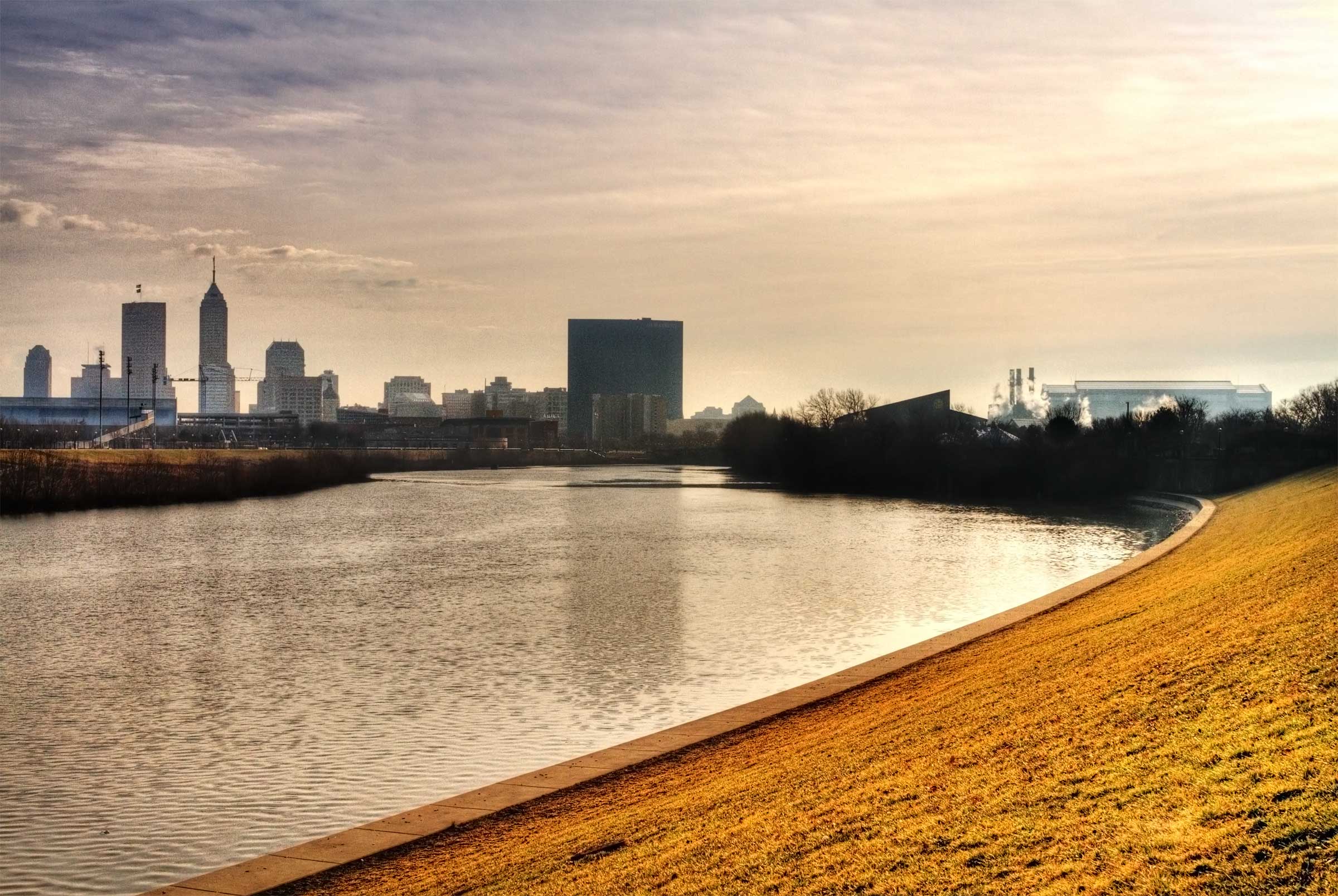Cities can pollute water in a number of ways. Fertilizers and pesticides dumped on lawns have similar effects to those used in agriculture (we explored those effects in a previous blog post). Cities also dump oil and plastic into waterways and create sewage. They can also create flash flooding which can cause dangerous erosion.
Oil from cars and gas stations builds up until a rainstorm and is then washed away. From there, it can get into water supplies for cities. Yard and pet waste, as well as litter, can also find their way into the town’s stormwater. Depending on a town’s infrastructure, runoff and storm sewage can sometimes even include zinc, benzine, and lead.
Some cities, such as New York, combine storm sewage with their regular sewage system. While this saves money on new pipes, and can easily and safely handle small showers, in the event of a large downpour, the raw sewage can back up and be released directly into the nearby rivers.

Some city’s without combined sewers, such as Bloomington, IN, have posted placards on their storm drains to discourage littering and dumping. Although this does not completely solve the problem, it spreads public awareness. Cities are often known for poor water quality, but much of that blame goes to the manufacturing industry, which will be covered in the next installment…
Sources
https://www.scientificamerican.com/article/how-to-keep-waste-oil-out
https://www.epa.gov/nutrientpollution/sources-and-solutions-stormwater
https://en.wikipedia.org/wiki/Combined_sewer
By Sam Fischman


